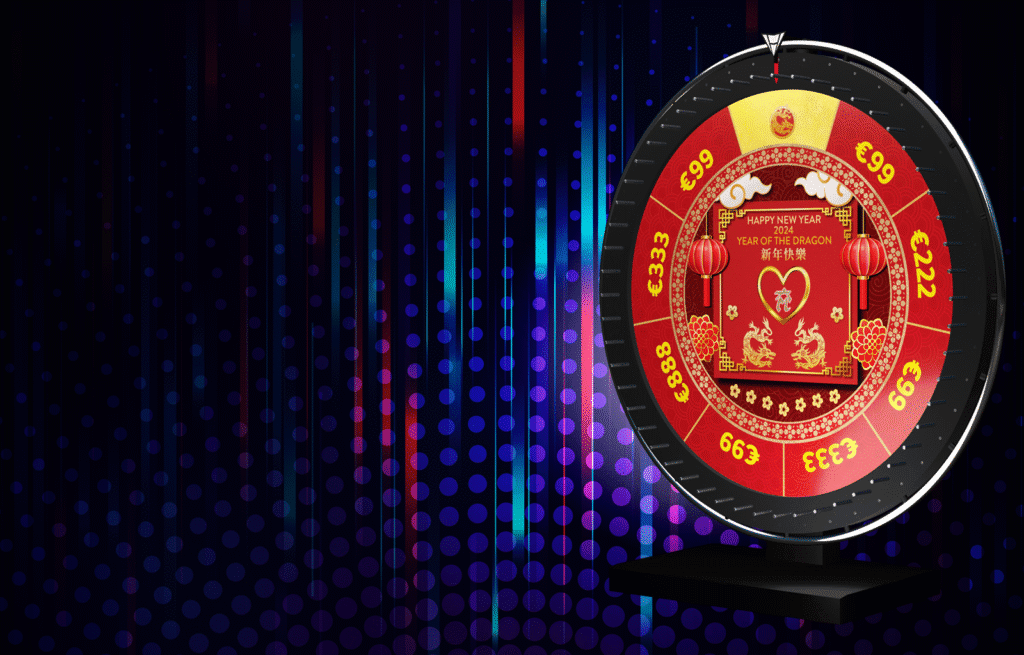Few mechanics in gaming are as instantly engaging as the spinning wheel. Whether it’s the classic carnival prize wheel, a game show centerpiece, or a modern digital wheel like DigiWheel, the thrill of the spin never seems to fade. But why does this simple mechanic hold such universal appeal? The answer lies deep in psychology, blending suspense, reward anticipation, and timeless nostalgia.
The Power of Anticipation
One of the strongest psychological drivers behind spinning wheels is anticipation. As the wheel slows down, players enter a heightened state of suspense. Each tick of the pointer sparks a surge of excitement, as the brain’s reward centers light up with “what if” possibilities. This tension, combined with the uncertainty of the outcome, keeps players engaged until the very last moment.
Unlike static prize reveals, the wheel provides a dramatic buildup – an experience in itself. The process of waiting for the outcome becomes just as entertaining as the reward itself.
The Illusion of Control
Spinning a wheel creates a sense of personal involvement. Even when outcomes are random, the physical or digital act of initiating the spin gives players the illusion of control. This feeling – known as the “illusion of agency” – enhances engagement.
Players often believe their timing, strength, or “luck” affects the result, which adds a personal connection to the game. In environments like casinos, this illusion reinforces the feeling that every spin could be “the one.”
Variable Rewards and Dopamine Hits
Psychologically, spinning wheels tap into the same variable reward systems that drive slot machines and other chance-based games. The brain responds strongly to unpredictable rewards, releasing dopamine not just when players win, but in anticipation of a potential win.
This intermittent reinforcement is powerful – it’s the same principle that makes social media notifications addictive. With wheels, every spin holds the promise of a reward, which keeps players coming back for more.
Nostalgia and Familiarity
Spinning wheels also tap into deep-seated feelings of nostalgia. From carnival games and television game shows to childhood board games, people often associate wheels with fun, community, and excitement. This familiarity makes them feel approachable, even in high-stakes environments like casinos.
DigiWheel builds on this by combining the nostalgic feel of a wheel with modern digital innovation, allowing casinos to offer a familiar yet fresh experience.
Social and Spectacle Appeal
Finally, spinning wheels thrive because they’re inherently visual and social. A wheel spin attracts attention across the room. The suspense is not just felt by the player, but also by the audience, who can share in the thrill of the outcome. This creates moments of shared excitement – perfect for casino floors, promotional events, and live entertainment.
Conclusion
The enduring appeal of “spin to win” mechanics is rooted in psychology: suspense, perceived control, dopamine-fueled rewards, nostalgia, and spectacle. DigiWheel takes these timeless motivators and enhances them with digital flexibility, customisable prizes, and engaging visuals – keeping the magic of the spin alive for today’s players.
